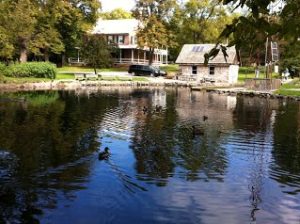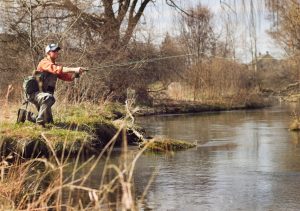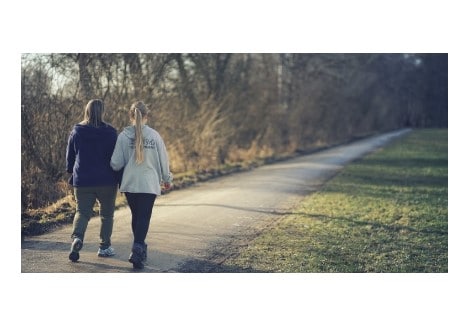James Smith, who was born in Mercersburg, another frontier settlement in Franklin County, was captured in 1755, at age eighteen, as he was building the Braddock Road. Smith was taken captive by Caughnawaga Indians and was adopted by the tribe to replace a fallen warrior. While living with the tribe, he learned the ways of Indian warfare. In 1760, James Smith was freed in a prisoner exchange.
At the end of the French and Indian War, the Indian attacks along the frontier lessened. But, within two to three years, the attacks increased due in part to indiscriminate trading. Trading companies didn’t particularly care who paid for their goods, so guns, powder, lead, hatchets and knives ended up with the Indians. These goods were used against the settlers. The British issued permits to the traders without considering the danger such trade brought to the settlers on the frontier.
James Smith gathered a group of men who wanted to protect their land and their families and trained them to fight Indian style – using the cover of trees, bushes, fences—the very opposite of the formal British style of fighting in open lines. The men James Smith gathered were called Black Boys, painting their faces just as the Indians did. The Black Boys began stopping supply wagons and inspecting for weapons.
In March 1765 and May 1765, James Smith and the Black Boys burned contraband supplies—those items that would be used to attack the frontiersmen and their families. The traders sought help from the British at Fort Loudoun. Each incident brought confrontation between James Smith, his Black Boys, and the British soldiers of Fort Loudoun. The British captured the Black Boys; and in turn, the Black Boys captured the British. Prisoners were exchanged, but the British did not return the captured colonist’s guns—nine in all and a major point of contention to the frontiersmen.
On November 16, 1765, tensions peaked, and James Smith and the Black Boys attacked Fort Loudoun. At 7 PM, Fort Loudoun was surrounded by men shooting guns and yelling all night. More men joined the contingent and by 10 PM, one hundred Black Boys closed in on the fort, firing on all corners continuously. The British had little ammunition on hand, so the men were ordered not to fire. During the siege, the British soldiers only fired one return shot.
After two days of attack, a surrender of the frontiersmen’s weapons was arranged, and in return, James Smith and the Black Boys ceased the attack of Fort Loudoun.

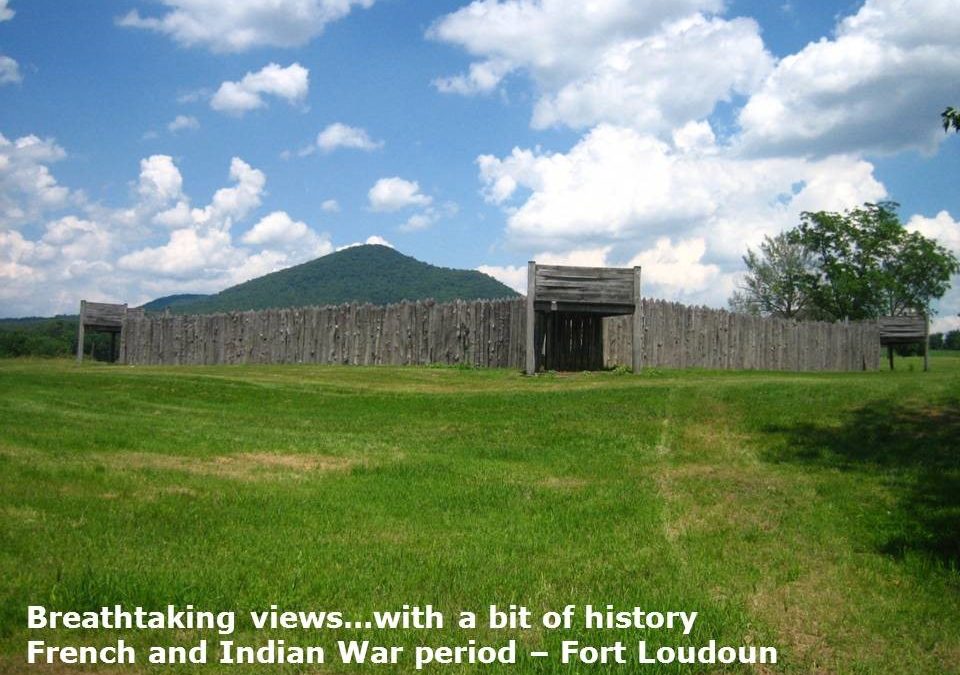
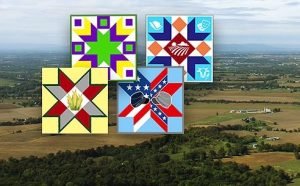




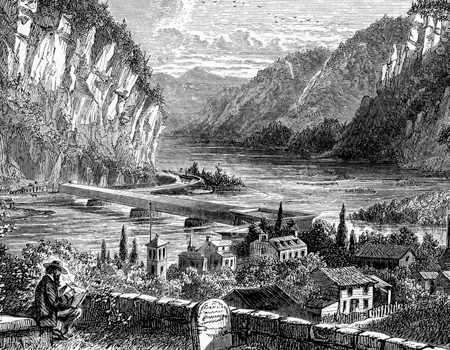
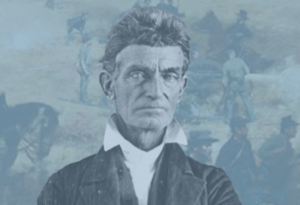
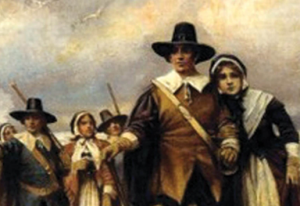
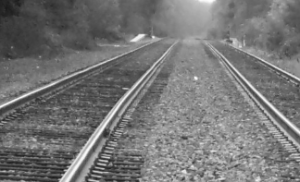 Underground Railroad
Underground Railroad